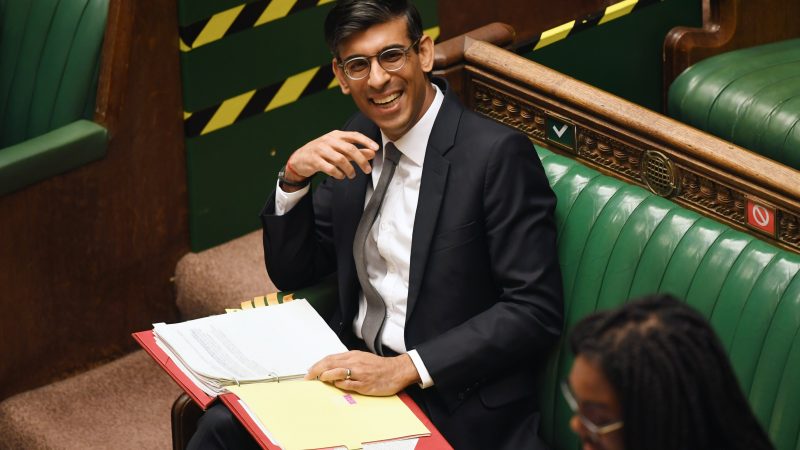
Rishi Sunak is winning plaudits again for his big spending during the coronavirus crisis. This time, the Chancellor used his summer update to announce £30bn of measures, including: a £1,000 job retention bonus for employers who bring furloughed staff back to work; a kickstart scheme paying the wages of those aged 16-24 who are given new jobs; a green homes grant worth £2bn; a temporary stamp duty cut; a VAT cut for hospitality and tourism; and the assiduously named ‘Eat Out to Help Out’ scheme giving everyone £10 off meals in August. You can find the details of these policies and our round-up of what’s missing from the package here.
The criticism from Labour coming through most strongly is that the approach is not targeted enough and the furlough scheme should continue for the hardest-hit sectors. The Chancellor’s simple response: I am prioritising speed. The truth is that these announcements, particularly the stamp duty cut and the meals discount, benefit those who are already comfortable financially – and ignores the very real issue of poverty in this country. Concerns around food poverty, sick pay, legacy benefit rates and gaps in support schemes were not addressed. Alleviating poverty did not appear to be an objective, despite the huge potential for increasing consumption as well as delivering justice.
The government may be impressing commentators with big figures, but they don’t match up to the scale of the crisis. The job retention bonus is too small. Those hit hardest aren’t getting the cash they need to deal with basics, let alone boost retail. The meal deal is more about hitting headlines than making a real difference. While Sunak successfully develops his personal brand, the government is forgetting the reality on the ground: local government is in dire straits; our NHS and social care system could soon be hit with a second wave. These announcements did not build much-needed resilience in our public services, nor is the government building public confidence in the middle of a pandemic. £10 off a Pizza Express outing won’t cut it when people are worried about their health.
If you’re following the Labour national executive committee (NEC) elections, there was big news on this front last night. After eight hours of debate, left groups including Momentum and the Campaign for Labour Party Democracy (CLPD) agreed a single slate of local party representative candidates. Jon Lansman is not on it. My quick write-up of the news can be found here. I’m told that the general consensus during the weeks preceding the Momentum elections was that any left incumbents restanding would get back on, but that changed when the new Momentum leadership was elected and they did not put forward the co-founder as one of their picks. The two sitting reps who have been included are NEC officers, not just members, which makes their re-election more important for the left.
There was anger on Labour Twitter last night in response to the new line-up. Four out of six are BAME, and one is a Black woman. But the 1987 Caucus Movement has recently highlighted a shocking fact: there has never been a Black man elected to Labour’s NEC. This is something Jermain Jackman could correct but this Centre-Left Grassroots Alliance slate cannot. (I’m told his name was raised but no agreement reached there.) The other main concern is over the views of these candidates, namely Ann Henderson and Laura Pidcock, on trans rights. One source says the release of a political statement addressing that criticism can be expected. It is important to note that the CLGA is usually a consensus organisation, but I’m told the deadlock had to be broken with an indicative vote. Roll on, Labour’s four-month internal election…
Sign up to LabourList’s morning email for everything Labour, every weekday morning.



More from LabourList
Letters to the Editor – week ending 22 February 2026
‘The coastal towns where young people have been left behind by Whitehall’
‘How Labour is modernising transport in Wales with fairness at its heart’